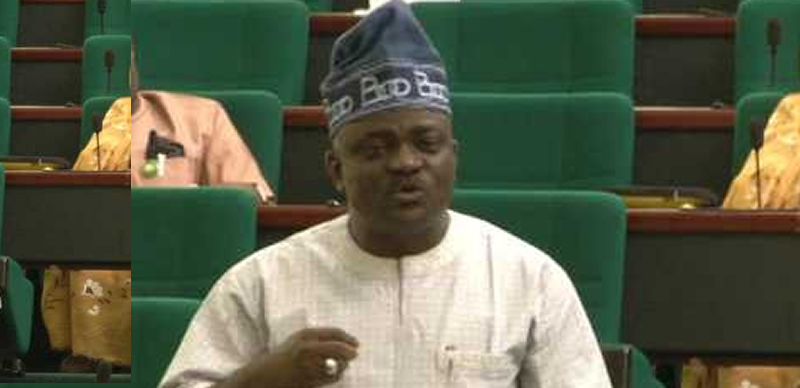Paragraph 1: Context of the Apology
In a recent development within the political landscape of Osun State, Nigeria, a public apology has been issued by a member of the House of Representatives, Oluwole Oke, to former governor Gboyega Oyetola. The apology stems from a petition submitted to the Economic and Financial Crimes Commission (EFCC) by a constituent of Oke, alleging the misappropriation of a $20 million World Bank health grant by Oyetola during his tenure as governor. This petition, initiated by the current Osun State Government, has sparked controversy and led to Oke’s public expression of remorse.
Paragraph 2: Oke’s Disagreement with the Petition
Oke, a member of the Peoples Democratic Party (PDP), publicly distanced himself from the petition, expressing his disapproval of the methods employed. He acknowledged the right of a lawyer to take on any client, including the state government, but criticized the intent behind this particular petition, arguing that it aimed to tarnish Oyetola’s reputation and that of his family. He emphasized that such actions were not justifiable simply under the guise of legal representation.
Paragraph 3: Existing Mechanisms for Accountability
In his statement, Oke highlighted the established mechanisms for accountability within the Osun State government framework. He pointed to the existence of the House of Assembly’s Public Accounts Committee and the independent Office of the Auditor General, both constitutionally mandated to scrutinize government expenditure. Oke stressed that the Auditor General’s reports are presented annually to the State Assembly, providing a transparent process for reviewing government finances.
Paragraph 4: Emphasizing Due Process and Immunity
Oke underscored the principle of due process and the importance of respecting gubernatorial immunity. He argued that if the Auditor General had fulfilled its duties and reported its findings to the Parliament, it was the responsibility of the Parliament to act upon those findings. He emphasized that any individual indicted in such a report could then be subjected to prosecution. However, he implied that circumventing this established process by directly petitioning the EFCC was inappropriate, especially given the immunity enjoyed by governors while in office.
Paragraph 5: Implications for Intergovernmental Cooperation
Beyond the immediate issue of the petition, Oke raised concerns about the broader implications for intergovernmental relations. He questioned how the federal government could trust the state government’s commitment to collaboration in the future if such actions were taken. He implied that this type of action could undermine the trust necessary for effective cooperation between different levels of government, particularly with upcoming elections in 2026 and 2027.
Paragraph 6: Summary and Significance
This incident highlights the complexities of political dynamics within Nigeria’s federal system. The apology by Oke represents a notable break from the actions of the state government, suggesting internal divisions within the ruling party. His defense of Oyetola, despite belonging to a different political party, underscores the importance of due process and adherence to established legal and constitutional procedures. Furthermore, his concerns about intergovernmental trust raise important questions about the impact of such actions on the ability of different levels of government to work together effectively for the benefit of the citizenry. The incident also serves as a reminder of the role of public scrutiny and the importance of maintaining ethical standards in the pursuit of accountability.


